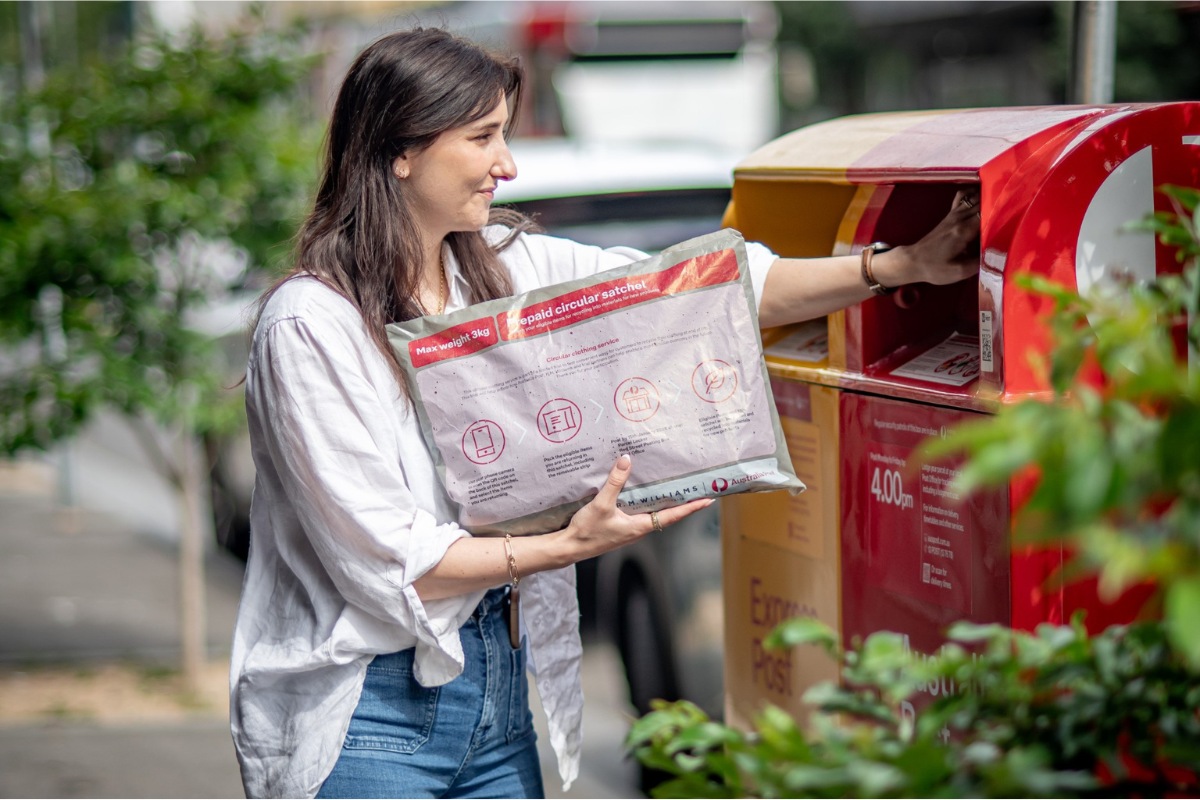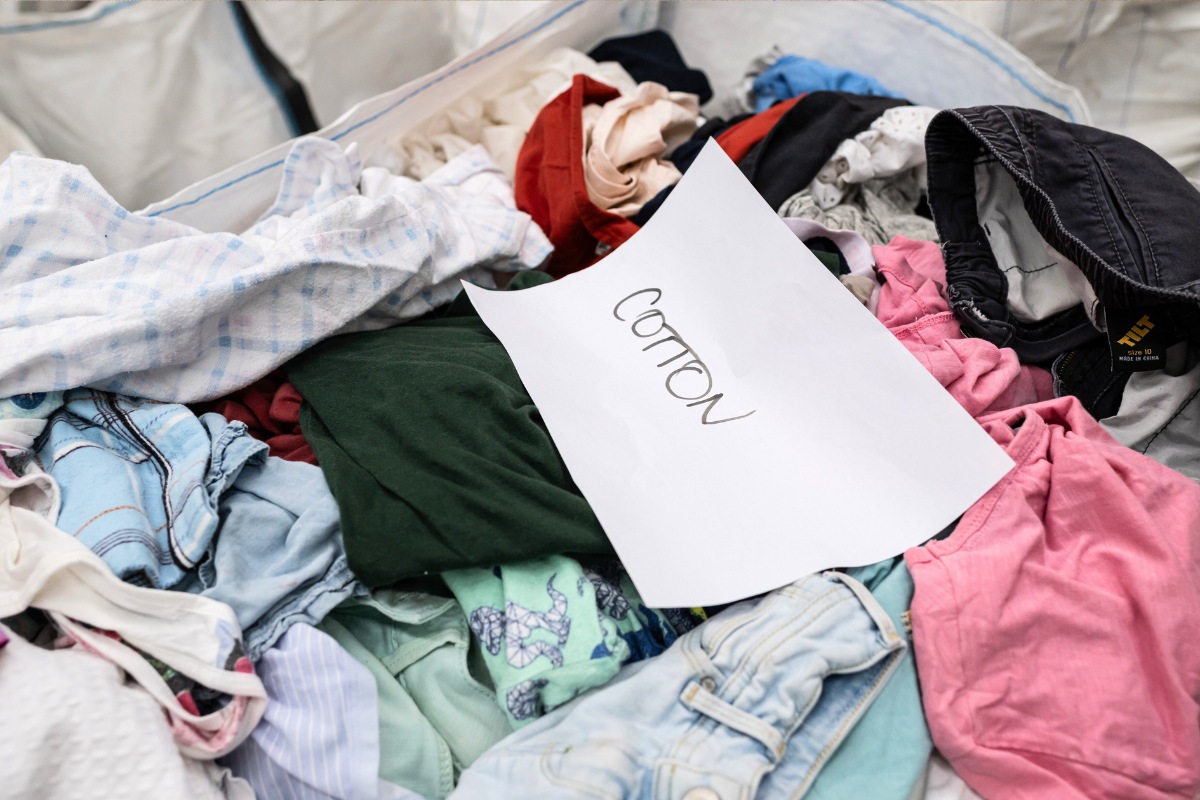The first phase of our Seamless member data reporting is complete with feedback on challenges, motivations and capabilities from responsible clothing brands and retailers used to refine our work plan.
Strategic priorities and sustainability drivers
Clothing brands and retailers reported that their top strategic priorities were cost optimisation and controlled growth, followed by customer experience. Importantly, sustainability and decarbonisation also clearly ranked in the top three.
The key drivers for Seamless members to adopt sustainable practices were to help protect the natural environment, address clothing waste and enhance their brand reputation.
When asked about what motivated them to become Seamless members, brands rated the following factors as “extremely or very important”:
- Play a part in driving large scale, national solutions (81% rated this as “extremely or very important”)
- Join together with other brands to drive change (77% rated this as “extremely or very important”)
- Access opportunities for circular solutions and continuous improvement (73% rated this as “extremely or very important”)
Informing the Seamless work plan
The survey findings reinforced the need for the following activities as part of the Seamless work plan for the first 12 months:
- Pilots in the areas of circular design, circular business models and closing the loop, including reuse and recycling initiatives to benchmark best practice, identify and address challenges and decrease risk.
- Updating the 2019 sector data we’re currently relying on, with new, transparent data on material flows and quantities.
- Scoping the viability, accessibility and effectiveness of a national collection, reuse and recycling scheme for clothing.
Ongoing support to address the issue of large local and international clothing brands “free-riding” from the benefits of Seamless while declining to join themselves also continues.
Many clothing brands are tangibly reducing waste in specific areas of the clothing lifecycle or determining the next stage in their circularity journey, and Seamless has an important role to play in brokering the relationships needed across the supply chain to achieve this.
Sustainability challenges
Clothing brands and retailers also recognised the challenges to expanding their sustainability efforts, with the following nominated as the most significant:
- Economic uncertainty and inflation (81% reported this as a “challenge or a major challenge”)
- Budget allocations (80% reported this as a “challenge or a major challenge”)
- Lack of time (62% reported this as a “challenge or a major challenge”)




.jpg)

